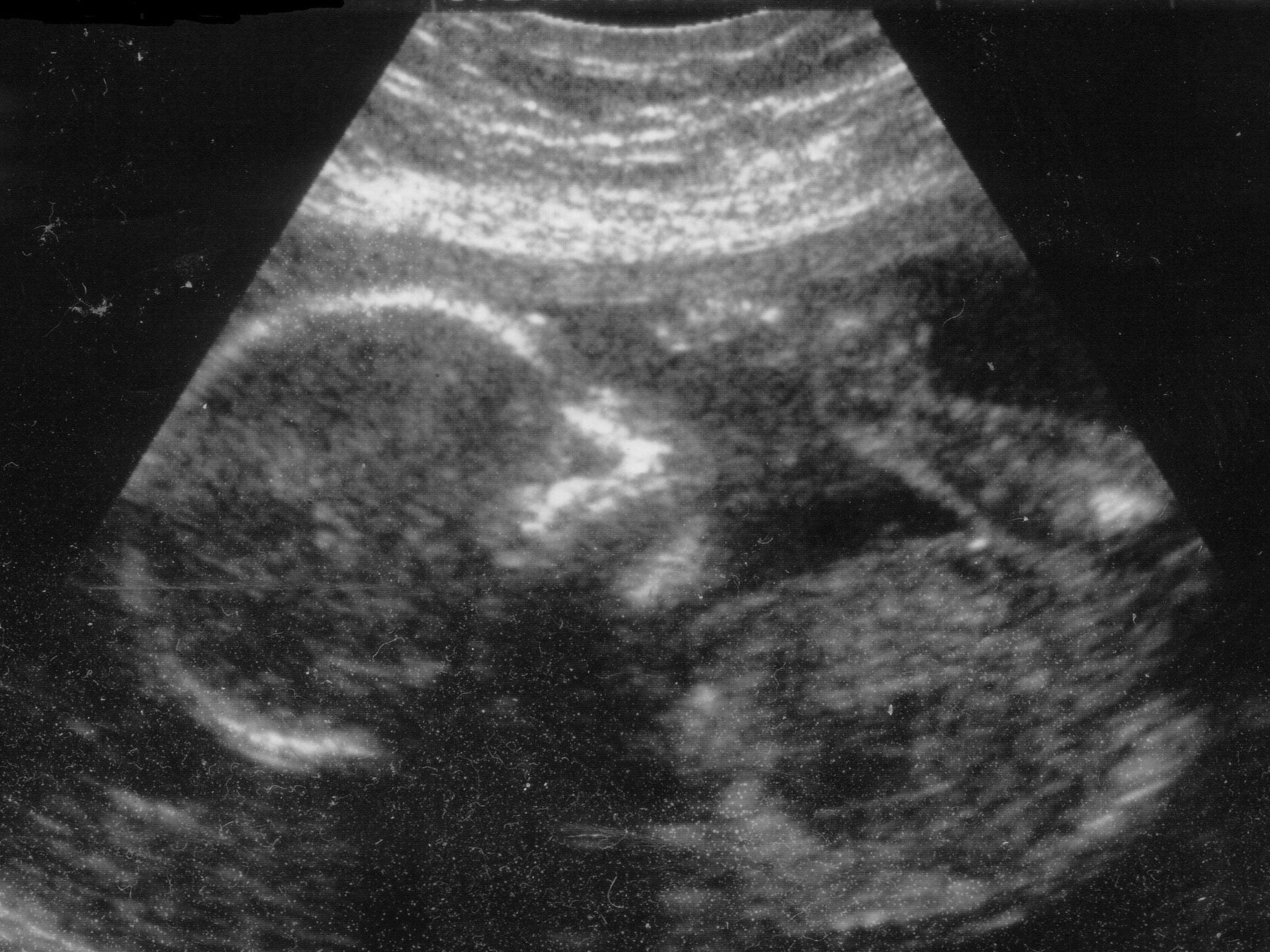Autism begins 'long before birth', claim scientists
The study further de-bunks the discredited theory that vaccines can cause autism

Autism may develop in the womb during pregnancy, researchers claim.
In a study that examined brain tissue samples donated by children who had died, scientists discovered clusters of disorganised cells in regions important for regulating social functioning, emotions and communication - activities that can be difficult for children with autism.
The abnormalities were found in 10 of 11 children with autism, but in only one of 11 children without the disease.
Using sophisticated testing techniques, the authors of the study published in the New England Journal of Medicine detected defects that they claim form during the second or third trimesterns of pregnancy.
The authors said the clusters were probably defects that occurred during the second or third trimesters of pregnancy.
While the cause of the clusters had not yet been determined, lead author Professor Eric Courchesne and autism researcher at the University of California, San Diego explained that the findings “call sharply into questions other popular notions about autism.”
This includes the scientifically debunked theory that childhood vaccines could cause autism.
“It could be [caused by] gene mutations and environmental factors together,” said Professor Courchesne.
However, experts not involved in the study called the results preliminary and said larger studies were needed to determine if the unusual brain development found in the study caused problems and if it was truly common in autism, or even in people without the disorder.
Scientists have been working for decades to find the cause of autism and increasingly believe its origins begin before birth.
The study follows Courchesne-led research that suggest abnormal gene activity leads to an excessive number of brain cells in the brain's pre-frontal cortex, located behind the forehead.
The same region and adjacent areas of the brain were implicated in the new study.
"These abnormalities are not trivial," Prof Courchesne said. "These are fundamental to developing a human brain."
The new study also involved children aged 2 to 15, while most previous autism brain studies involved samples taken from autopsies of adults.
Dr Thomas Insel, director of the National Institute of Mental Health, said the authors used advanced methods to examine cellular and molecular markers in more detail than previous research. But he said the study "highlights the critical need" for autopsy brain tissue to gain a better understanding of autism.
Additional reporting by PA
Subscribe to Independent Premium to bookmark this article
Want to bookmark your favourite articles and stories to read or reference later? Start your Independent Premium subscription today.

Join our commenting forum
Join thought-provoking conversations, follow other Independent readers and see their replies